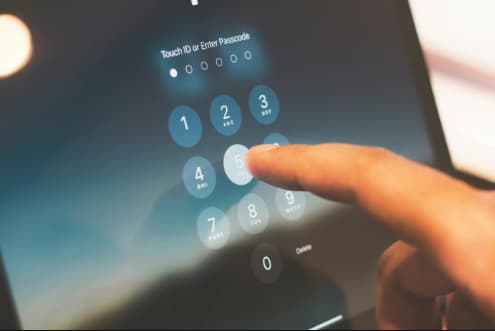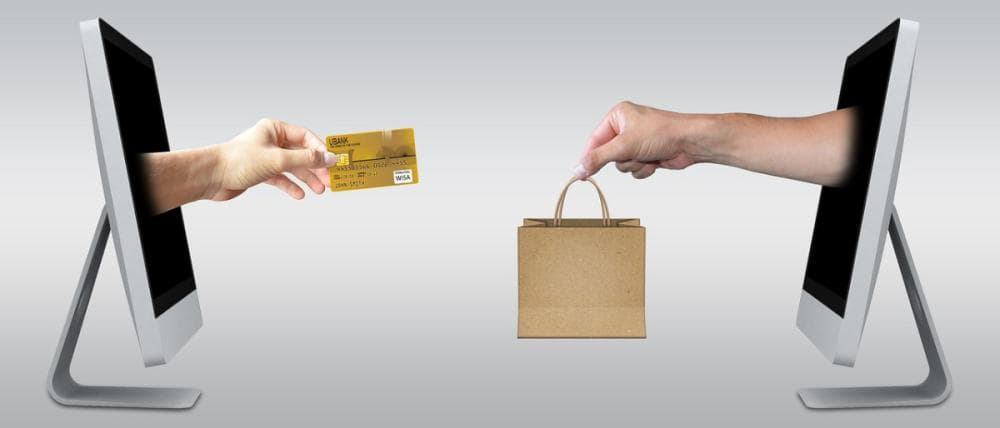In an increasingly digital world, the importance of online security cannot be overstated. With the rise of e-commerce, online banking, and social media, safeguarding your personal information has become a critical aspect of everyday life. Cyber threats are pervasive, ranging from identity theft to phishing scams, and can lead to devastating consequences if not properly addressed. This article will explore essential tips for maintaining online security and protecting yourself from potential threats.
Understanding Online Threats
Before diving into strategies for safeguarding your online presence, it’s essential to understand the common types of cyber threats:
• Phishing: This involves fraudulent attempts to obtain sensitive information, such as usernames, passwords, and credit card details, by masquerading as a trustworthy entity in electronic communication. Phishing attacks often occur through emails or messages that appear legitimate.
• Malware: Short for malicious software, malware includes viruses, worms, spyware, and ransomware designed to damage or disable computers and networks. Malware can be unknowingly downloaded through infected email attachments or malicious links.
• Identity Theft: This occurs when someone uses your personal information without your permission, often for financial gain. Cybercriminals may steal personal details through data breaches, phishing, or hacking.
• Data Breaches: These happen when unauthorized individuals gain access to sensitive data, often due to weak security measures. Data breaches can expose personal information, leading to identity theft or financial loss.
Best Practices for Online Security
1. Use Strong, Unique Passwords
Creating strong passwords is the first line of defense in protecting your online accounts. A strong password typically includes a mix of uppercase and lowercase letters, numbers, and special characters. Avoid using easily guessable information such as birthdays or common words. Additionally, consider using unique passwords for different accounts to minimize risk; if one account is compromised, the others remain secure.
2. Enable Two-Factor Authentication (2FA)
Two-factor authentication adds an extra layer of security to your accounts. In addition to entering your password, you’ll need to provide a second form of verification, such as a code sent to your mobile device or an authentication app. This makes it significantly harder for cybercriminals to gain unauthorized access, even if they have your password.
3. Keep Software Updated
Regularly updating your operating system, applications, and antivirus software is crucial in protecting your devices from vulnerabilities. Software updates often include security patches that address known issues. Failing to keep your software up to date can expose you to cyber threats.
4. Be Wary of Public Wi-Fi
Using public Wi-Fi networks can be risky, as they are often less secure than private connections. Cybercriminals can intercept data transmitted over unsecured networks. If you must use public Wi-Fi, consider using a virtual private network (VPN) to encrypt your connection. This adds a layer of security and helps protect your personal information.
5. Educate Yourself About Scams
Staying informed about common online scams can help you recognize and avoid potential threats. Familiarize yourself with different types of scams, such as phishing emails, fake promotions, and social engineering tactics. Be cautious about clicking on links or providing personal information, even if the request appears legitimate.
6. Monitor Your Accounts Regularly
Regularly reviewing your bank statements and online accounts can help you detect any unauthorized transactions quickly. Set aside time each week to check your accounts for suspicious activity. If you notice anything unusual, report it immediately to your bank or the relevant service provider.
7. Use Secure Connections
When browsing the internet, ensure that the websites you visit use secure connections. Look for URLs that begin with “https://” rather than just “http://.” The “s” indicates that the connection is encrypted, providing an additional layer of security when transmitting sensitive information.
8. Limit Personal Information Shared Online
Be mindful of the personal information you share on social media and other online platforms. Cybercriminals can use this information for identity theft or social engineering attacks. Review your privacy settings and restrict access to your profiles to only trusted contacts.
9. Backup Your Data
Regularly backing up your data ensures that you can recover important information in case of a cyber attack or hardware failure. Consider using cloud storage or external hard drives to maintain secure backups of your files.
10. Trust Your Instincts
If something feels off, trust your instincts. Whether it’s an unusual email request or a suspicious link, it’s better to err on the side of caution. If you’re unsure about a request or a website, take the time to verify its legitimacy before proceeding.
Conclusion
Online security is a vital aspect of navigating the digital world safely. By implementing these best practices and remaining vigilant, you can significantly reduce your risk of falling victim to cyber threats. Remember that protecting your personal information is an ongoing process that requires awareness and proactive measures. Stay informed, be cautious, and enjoy a safer online experience.




